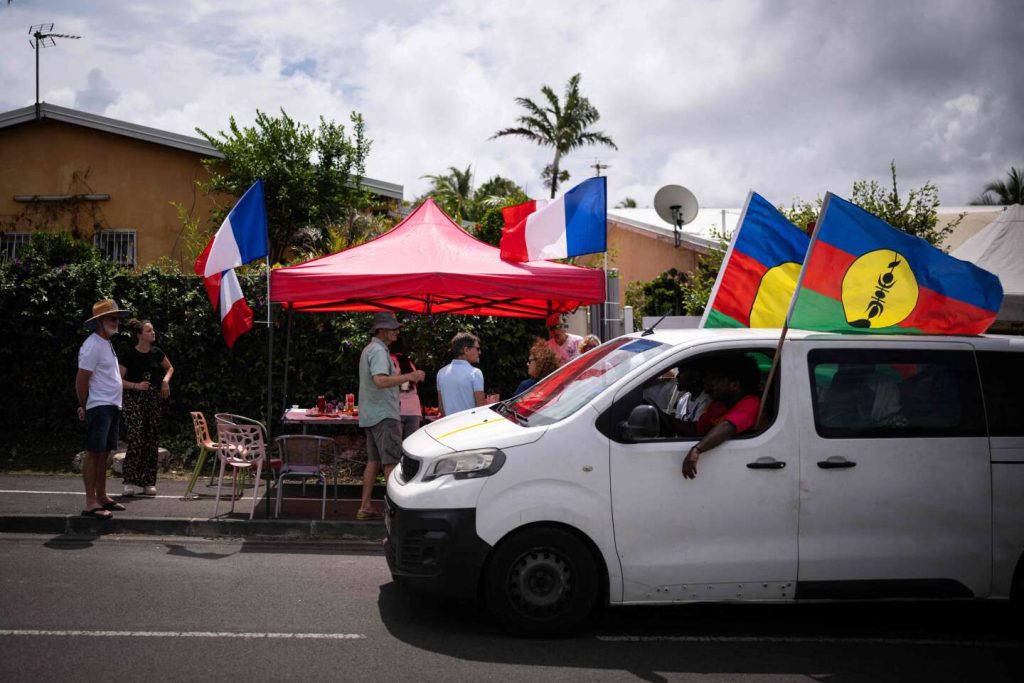Independence supporters and non-independence supporters observed the 171st anniversary of the beginning of colonization of the archipelago in their own separate ways. This event marked an important moment in the history of the islands, with both groups reflecting on the impact of colonization on the indigenous population and its lasting effects on the culture and identity of the region. The divergent perspectives of the two groups reflect the ongoing debate over the future political status of the archipelago, with some advocating for independence from the colonial power and others advocating for continued ties.
For independence supporters, the commemoration of the colonization anniversary serves as a reminder of the injustices and inequalities brought about by colonial rule. They view the event as an opportunity to raise awareness about the continued struggles faced by indigenous populations in the archipelago and to push for greater recognition of their rights and autonomy. Independence supporters often use this occasion to highlight the need for decolonization and self-determination, emphasizing the importance of embracing and preserving the unique cultural heritage of the region.
On the other hand, non-independence supporters see the anniversary of colonization as a moment to celebrate the progress and development that has taken place in the archipelago under colonial rule. They point to improvements in infrastructure, education, and healthcare as evidence of the benefits that have come from being part of the colonial power. Non-independence supporters argue that breaking ties with the colonial power would be detrimental to the economic stability and security of the archipelago, warning of the potential risks and uncertainties that could come with independence.
The commemoration of the colonization anniversary also serves as a platform for both groups to articulate their visions for the future of the archipelago. Independence supporters advocate for a future in which the indigenous populations have full control over their own destinies, free from the influence and interference of external powers. They envision a society that values and respects the cultural traditions and knowledge of the indigenous peoples, promoting a more inclusive and equitable society for all inhabitants of the archipelago.
Non-independence supporters, on the other hand, envision a future in which the archipelago maintains its current status quo, benefiting from the economic and security advantages of remaining tied to the colonial power. They emphasize the importance of stability and continuity in governance, arguing that independence could lead to political instability and economic uncertainty. Non-independence supporters often tout the benefits of continued cooperation with the colonial power, highlighting the opportunities for economic growth and development that such a partnership provides.
Overall, the commemoration of the colonization anniversary highlights the deep divisions and conflicting visions that exist within the archipelago regarding its political future. As both independence supporters and non-independence supporters reflect on the legacy of colonization and its impact on the region, the debate over the future status of the archipelago continues to be a central point of contention. The anniversary serves as a reminder of the ongoing struggles faced by indigenous populations in the archipelago and the need for a more inclusive and equitable future for all inhabitants of the region.


